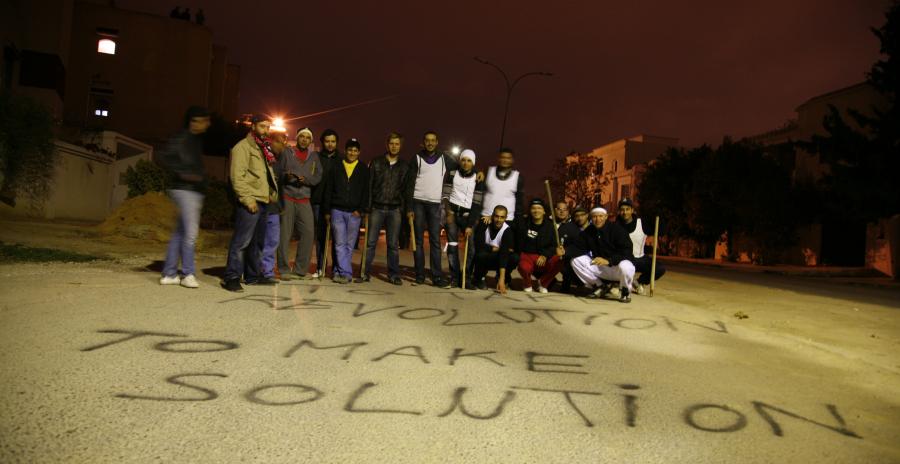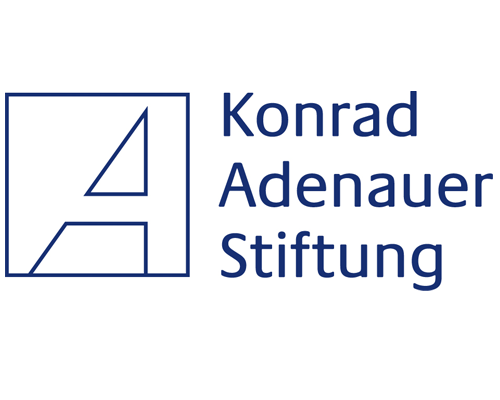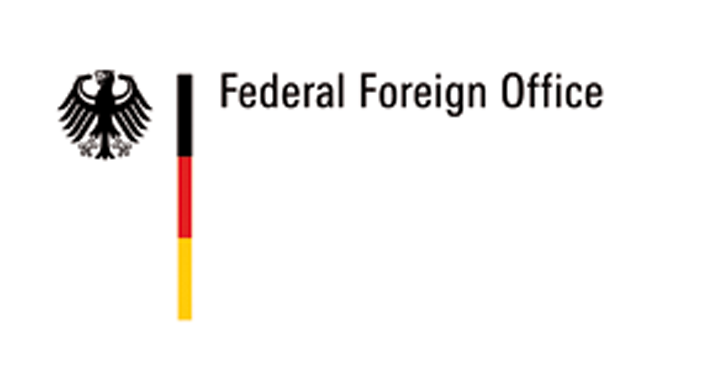Country Overview: Tunisia

Revolution activists on a Tunis street in 2011, Photo: Daniel Gerlach
Despite being plagued by occasional political instability, security threats and persisting social inequalities, Tunisia is still regarded as the country that has managed its transition best so far.
However, credit goes rather to institutional stability, high educational standards, proximity to Europe and an elite consensus on economic policy than to internationally prescribed austerity measures. Tunisia derives its regional importance from its role as the cradle of the Arab Spring and thus has received special attention from the inception of the »Deauville Partnership« in 2011.
The country stuck to its political roadmap and succeeded in finding a peaceful framework for political conflict, mainly between the Islamist Ennahda party and its secular opponents. Political inclusion, however, did hardly encompass the youth, as symbolised by the election of 88-year old president Beji Caid Essebsi in December 2014. Nevertheless, Tunisia has seen a spike in activities that aim to diversify its economy and foster the growth of a youth- and civil society-driven start-up scene.
Yet tourism as a backbone for labour and income is still the prime target of economic stabilization and especially vulnerable to security threats – as evidenced by the terrorist attacks on the Bardo Museum Tunis in March and in a touristic area of Sousse in June 2015. In addition to that, rural underdevelopment in the impoverished southern parts of the country and technological deficits, especially in the phosphates industry, continue to hamper inclusive growth.
The return of business people associated with the Ben Ali regime as well as the recovery of assets connected to the regime remain hotly contested issues in Tunisia. The liberalization policies under the long-time president had received praise from international financial institutions. It was the exposure of embezzlement of Ben Ali's associates following this kind of policy that was one of the reasons for public anger at the political leadership and support for the revolution. Still, consensus on including business people and investors outside of Ben Ali's immediate circle in economic recovery is growing within Tunisia's public sphere.
Supported by






© CANDID Foundation gGmbH 2015



